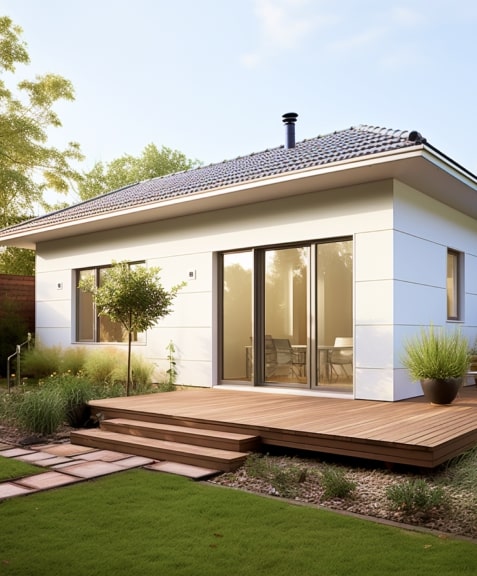
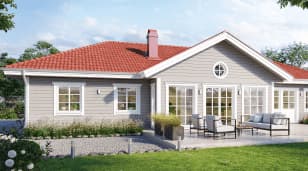
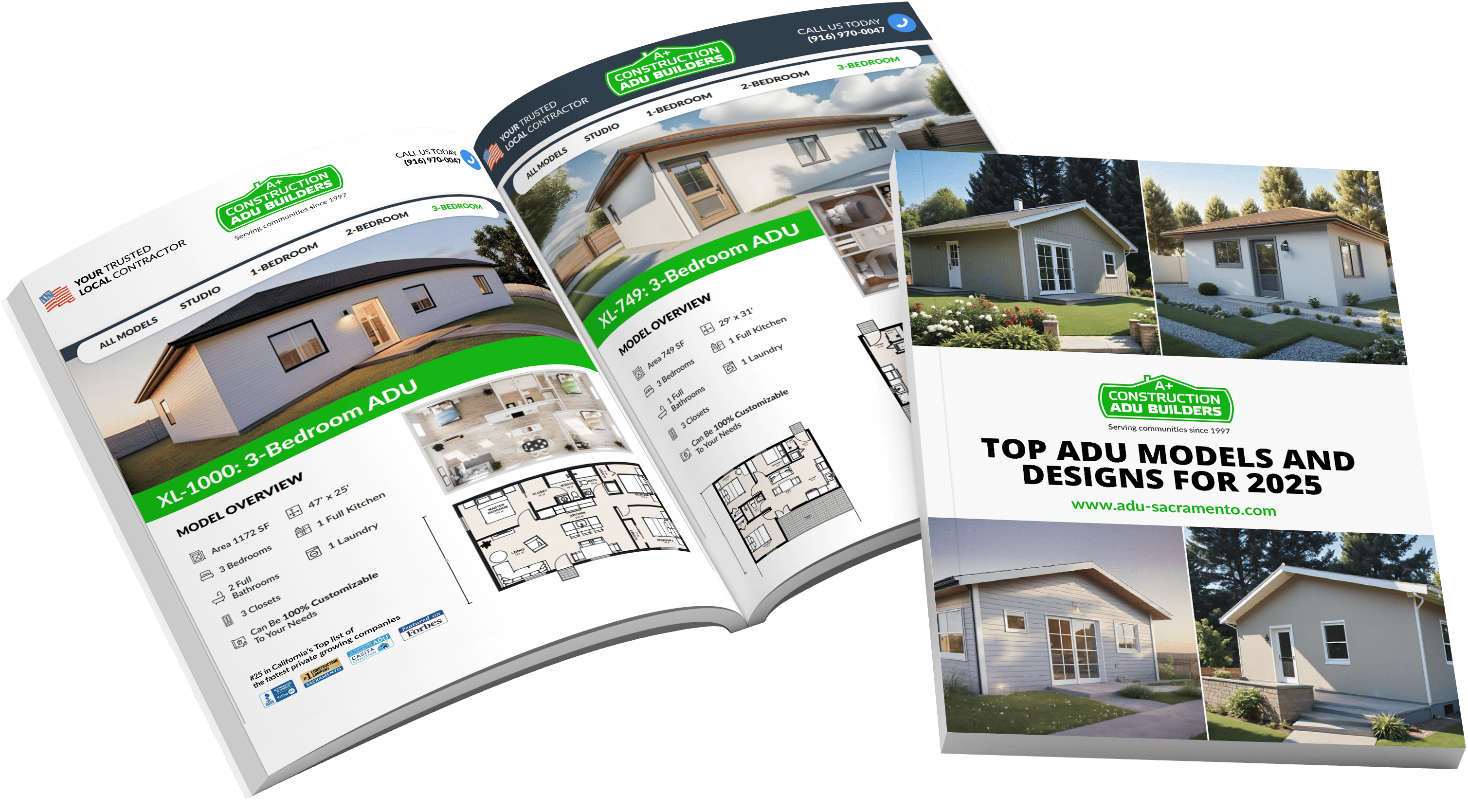

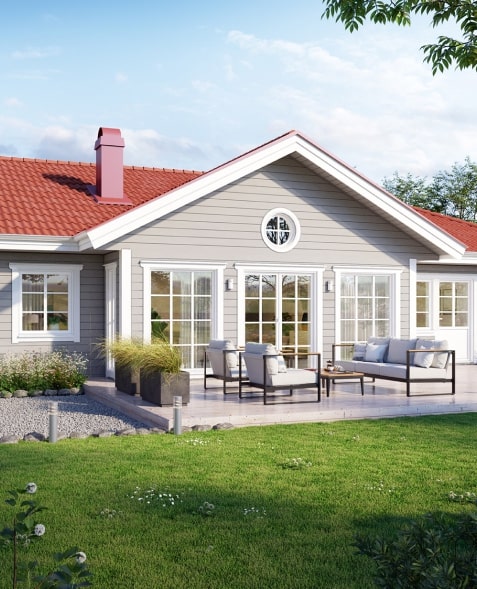
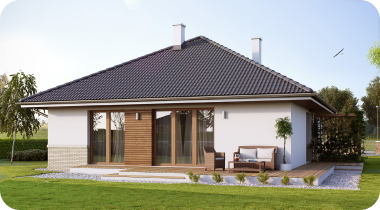
A link to download your FREE brochure will be in your inbox in 3 minutes
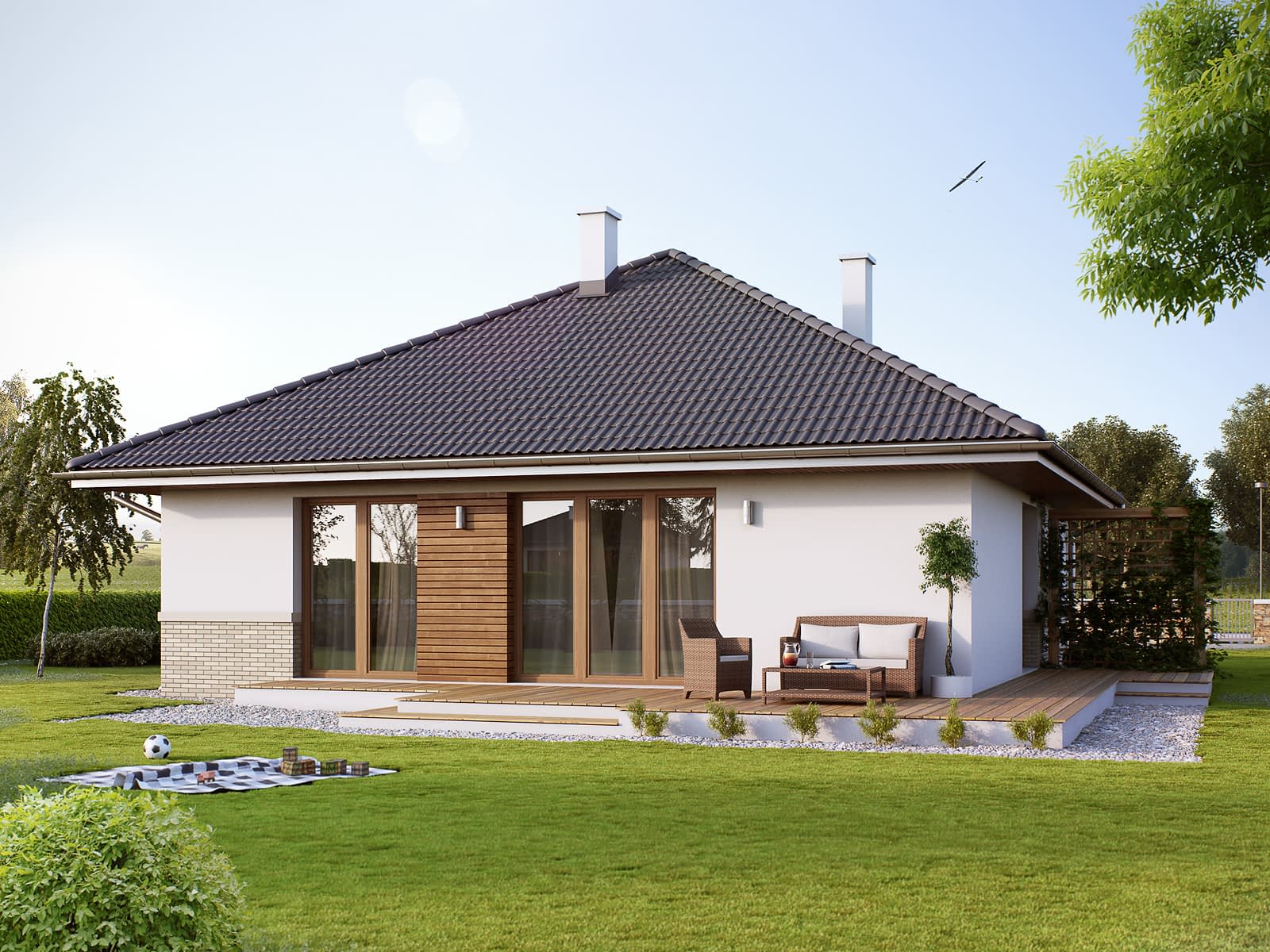





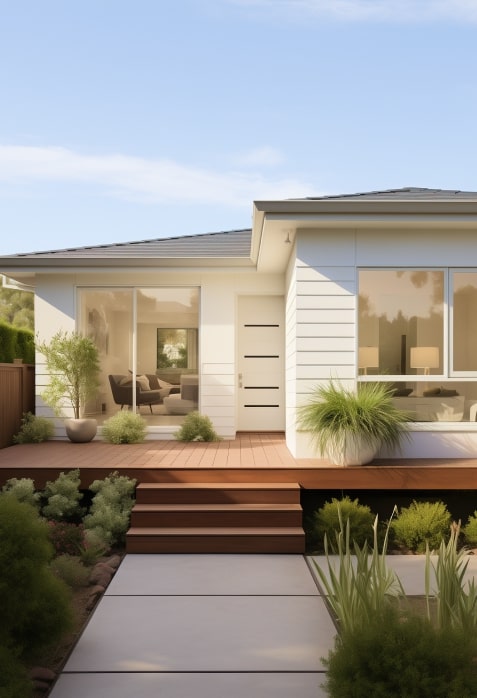
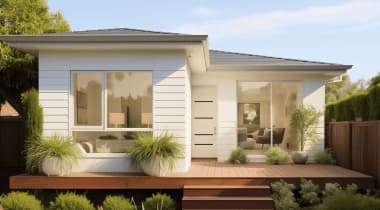











The final price may vary based on project specifics.
To get a free accurate quote tailored to your needs, book a consultation with us today!

The price per square foot provided is an average and may vary depending on project-specific details such as materials, location, complexity, and other factors. Actual costs may differ from the average provided.
It is recommended to obtain a detailed quote based on the specific requirements of your project.

Please note that the monthly payment displayed on this page is an estimate and is subject to variation based on the selected loan product, applicants credit score, loan amount, and other financial details. Actual monthly payment may differ from the estimate provided.
It is recommended to seek advice from a financial advisor or loan officer to obtain precise payment information tailored to individual circumstances.
 Your Trusted
Local Contractor
Your Trusted
Local Contractor
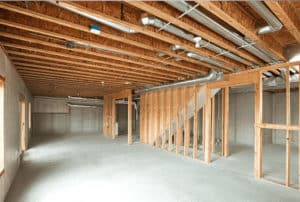
If you’re in desperate need of living space but do not have enough space in your backyard, your underused basement full of rarely accessed items may come to mind. Yet, the first things that come to mind in relation to the basement floor are whether these places have enough light and aren’t too cold or damp.
What do you start building from? How do you optimize your basement space for maximum comfort and functionality? In this article, we will discuss how to create a truly cozy basement apartment and how to prepare your basement space for ADU project construction.
A basement accessory dwelling unit is a small autonomous residential unit created within the basement of your main house. It is an auxiliary dwelling that can provide you with extra habitable space on your existing property without compromising your backyard space. A basement ADU that holds a level of privacy and independence akin to that of a second house but with the opportunity to use the utilities of the main house.
Now, let’s discuss what possibilities homeowners acquire when they invest money in basement apartment construction.
There are different types of accessory dwelling units, each of which caters to individual preferences, lot conditions, and budget considerations. ADU builders distinguish between detached ADUs, attached ADUs, detached structure conversions (such as two car garage conversions), and internal ADUs. A basement ADU conversion belongs to the last type.
Basement ADUs encompass such benefits as:
Homeowners transform their basements into ADUs because, this way, they can enjoy additional apartments within the footprint of their houses. These apartments with simple access to the primary residence have their own entrances, bedrooms, bathrooms, and kitchens, making them suitable for full-time living. They may become spaces for rest or work, temporary sanctuaries for guests, or permanent residences for aging parents.
In contrast to standalone ADUs, basement ADUs have the advantage of being able to use water and electrical connections from the main home. Not only does it simplify constructing your ADU and connecting it to utilities, but it also allows you to cut down on living expenses.
There is a whole range of modern housing solutions, and a basement apartment is one of them. Thanks to their smaller dimensions, they’re usually cheaper than other options. That opens wide possibilities for rental income and an increase in property value.
Selecting a basement ADU enables you to preserve precious square footage in the yard. Later on, you’ll be able to landscape the outdoor space and decorate it with garden furniture, water features, flower beds, or pergolas.
A basement ADU structure offers the convenience of a small home, enhanced by easy access from the main house and lower construction costs.
Even though building codes and regulations vary for each region, it’s common ground that you should follow these rules for converting your basement into a practical ADU:
When you consider a basement remodel to convert it into a livable space, make sure you abide by the California building code as well as your local city requirements.
Typically, it depends on local regulations and ADU design, whether your underground building has windows or not. Some ADUs may have smaller windows under the basement ceiling. If your ADU configuration allows it, add a window or a couple for some natural light and ventilation.
To achieve proper brightness in your earth-ground ADU, consider installing enough sources of lighting: ceiling- and wall-mounted ones, floor and table lamps, and so on. Opt for LED bulbs for your ADU to consume less energy and reduce your electricity bills. Also, it makes sense to use lamps with a possible brightness adjustment feature to regulate how much brightness you want.
To address the issue of excessive moisture, we can mention dehumidifiers that reduce the level of dampness in the air. Also, homeowners usually improve air circulation in their basement apartments, waterproof their walls and floors, opt for mold-resistant drywall, and use other moisture-resistant materials. They also need adequate drainage so that water does not accumulate around the foundation.
If you have an unfinished basement ADU, you can probably access it through the interior entry. However, to make your ADU fully independent, it makes sense to create an exterior basement walkout leading to the basement level. Installing private doors promotes privacy and security for ADU residents, providing a direct pathway through a set of stairs into the basement. Constructed this way, it also improves access to natural light and ventilation in the structure.
When planning the basement layout and creating drawings, the first thing we consider is the location of plumbing fixtures. To save costs on your basement remodel project, it’s advisable to place the bathroom or kitchen in the places where the drain pipes connect to the sewer system.
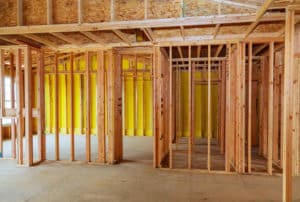
The construction of a basement ADU apartment has to follow building standards of safety and quality reflected in building codes, zoning regulations, and other local rules.
When you convert your basement into an ADU, that’s what you typically do with the underground spaces:
All in all, when converting basements into habitable units, there are plenty of steps to bring your project to life. That’s why it’s a good idea to apply to a professional ADU builder in Sacramento, California. We offer free consultations for our prospective clients to help you understand all the intricacies of the ADU process!
ADU building mandates the acquisition of a building permit. This document ensures that the ADU gets constructed with respect to safety rules for your own protection and protection of your neighbors and local rules promoting common good considerations for your community. Also, ADUs should conform to quality standards that guarantee adequate life conditions for ADU residents as well as the longevity of the structure.
Zoning rules focus on determining what you can build on a property and what is not permissible. In Sacramento, local rules allow ADUs on most residentially zoned lots. Also, your ADU should abide by other building rules like ADU size, height, setbacks, maximum ADU number requirements, and so on.
In Sacramento, conversion ADUs (like basement ADUs) and junior ADUs usually do not require additional parking spaces. However, note that your city may have different requirements for various reasons, such as high population density or a lack of public transport. So, before deciding on ADU living, thoroughly examine your local ordinance.
The average cost to convert a basement into an ADU depends on various factors, from the ADU size to the condition of the existing structure to the specific finishes you choose. Typically, it requires a sum in the range of $60,000 to $150,000, which is way cheaper than traditional homes and even other ADU types. This is because basement units already have the framework, and only some remodeling work is needed.
In most cases, homeowners do not need excavation for basement ADUs. Especially, if your ADU has enough ceiling height, a sturdy foundation, and proper access to all its living spaces. Some basements may be too small and require larger or deeper foundations. In this case, you may need excavation to accommodate your desired layout.
In regions with cooler climates, a basement apartment can indeed be quite cold. In this case, you’ll need to insulate your living space, add radiant floor heating beneath the concrete floor, or opt for wall-to-wall carpeting. All these measures will help you preserve heat inside the unit, preventing cooling.
With proper space planning and egress window requirements for each bedroom, you can indeed build a two-bedroom ADU. If your basement lacks sufficient space, consulting with a seasoned ADU builder can help you explore options for extending it. Also, you need to make sure your utilities can adequately support an ADU with such a large number of bedrooms.
Get a First Look at Real ADU Projects